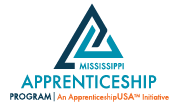FREE YOUR MIND: POSITIVE AFFIRMATION FOR YOUTH AND YOUNG ADULTS

Cherish R. Johnson WIOA State Youth Coordinator Mississippi Department of Employment Security FREE YOUR MIND: POSITIVE AFFIRMATION FOR YOUTH AND YOUNG ADULTS May has been designated as National Mental Health Awareness Month. 21st century youth and young adults face many challenges as they try and navigate their way through life while seeking meaning and purpose. […]
Meet Paige Hutchinson

Meet Paige Hutchinson, the Work-Based Learning Coordinator at Pearl River Community College (PRCC).
Continental Tire signs four Hinds CC students as apprentices, awards scholarships | Hinds Community College

Continental Tire signs four Hinds CC students as apprentices, awards scholarships
“These students will have a unique opportunity. They can take advantage of our tuition reimbursement program and our partnership with Mississippi State, and they can even become engineers”
Welcome to the MAP Team Angelia!

Angelia Berry joined the Mississippi Department of Employment Security (MDES) Office of Apprenticeship in December 2023 as an Apprenticeship Expansion Specialist. In this role she will conduct statewide business engagement to help create new and expand existing registered apprenticeship programs (RAPs) in Mississippi.
Delta Aerial Applicator (Ag Pilot) Apprenticeship Program

The Ag Pilot Apprenticeship Program initially began with a $2 million appropriation procured by Mississippi’s U. S. Senator Cindy Hyde-Smith as an investment in Mississippi’s agricultural economy. Ag Aviation is essential to farmers meeting their yearly demand. This federal earmark will assist the state in addressing the Ag Pilot shortage through the implementation of an Agricultural Aircraft Operations Career Pathway (AAOCP) Program at Delta State University (DSU), […]
Meet Cindy Goodin
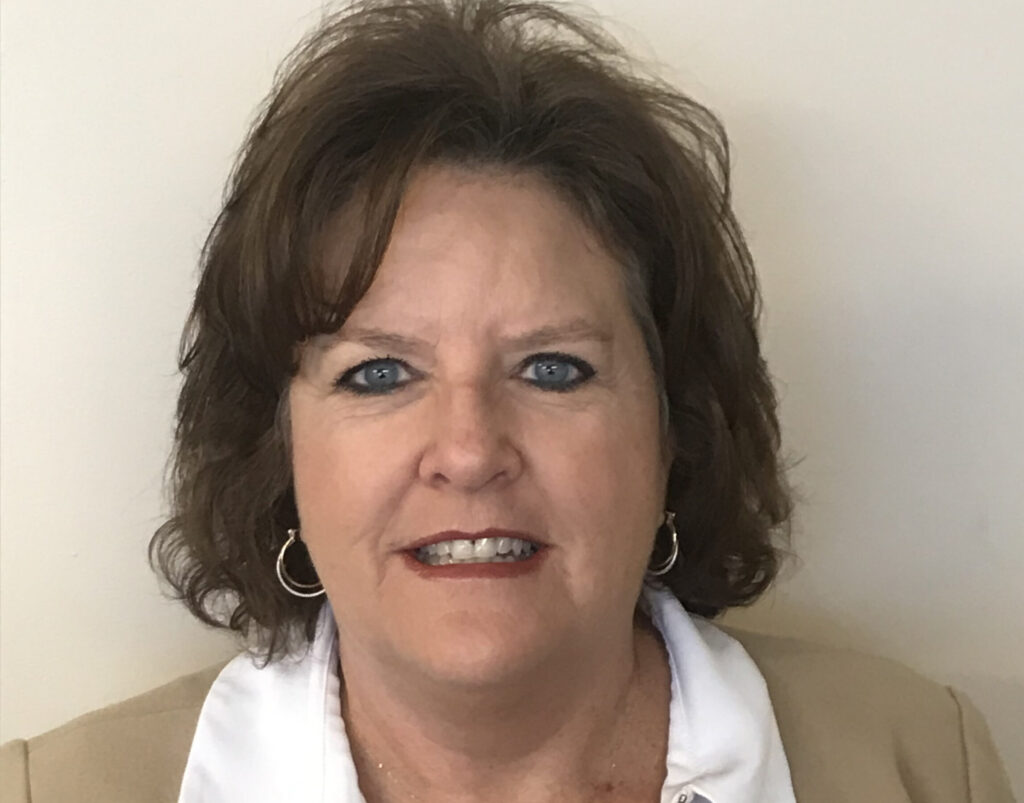
Cindy Goodin is the Workforce Development Coordinator in the Workforce Development Division of South Delta Planning and Development District.
Meet Mitzi Woods
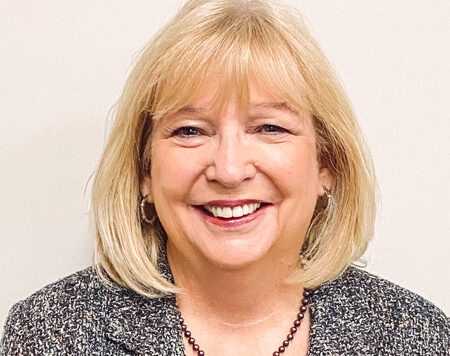
Mitzi is the Workforce Director at South Delta Planning and Development District in Greenville, Mississippi; for the Delta Workforce Development Area, having served in her current position for 19 years.
Welcome to the MAP Team Tracy!
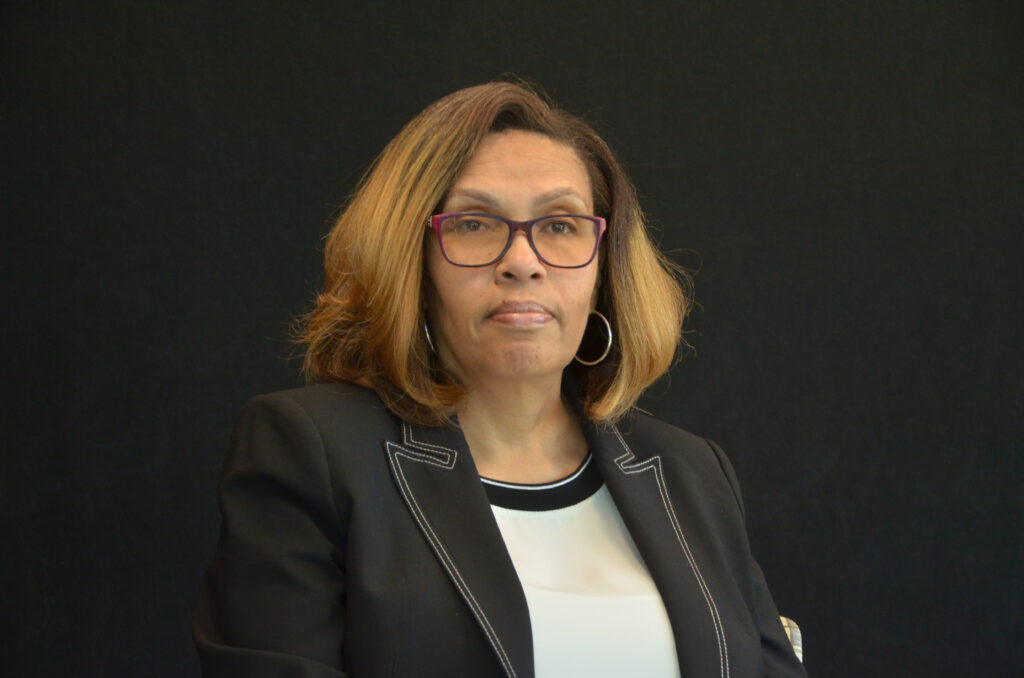
Tracy Oscar joined the Mississippi Department of Employment (MDES) Office of Apprenticeship in October 2023. In her new role, Tracy will serve as an Assistant Director and train to be the office’s Standards Expert. She will also be responsible for the Mississippi Apprenticeship Program’s (MAP) grant reporting to the U.S. Department of Labor (DOL) and […]
Welcome to the MAP Team Ebony!

Ebony Sutton, was born and raised in Jackson, Mississippi. She has been employed with the Mississippi Department of Employment Security (MDES) for the past four years. She recently joined the MDES Office of Apprenticeship in October of 2023 as an Apprenticeship Expansion Specialist and will have a focus on education industry-based apprenticeship program development including […]
Hinds, KLLM partnership a benefit to both
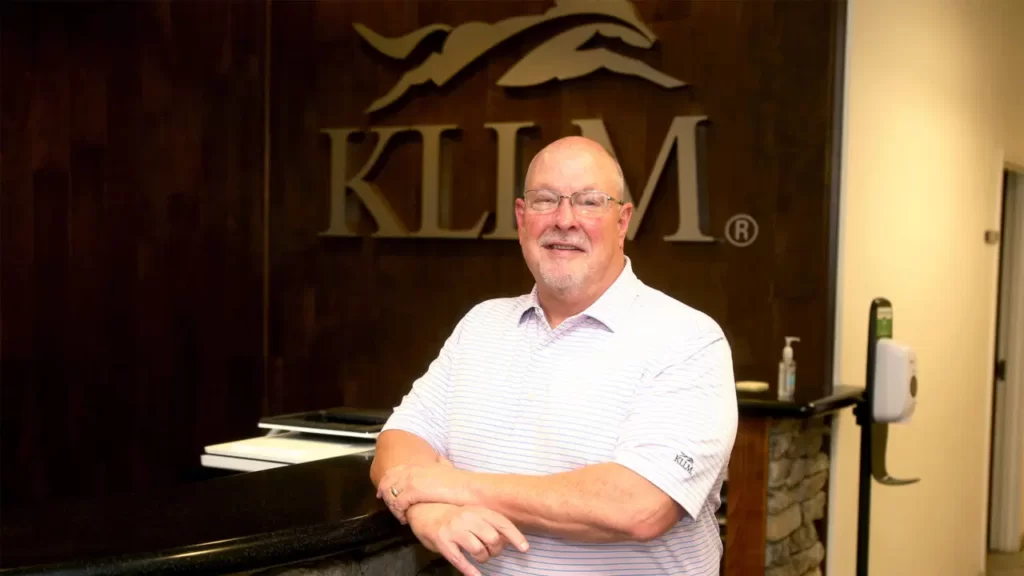
One of the key partnerships goes back to 2012, when KLLM Transport Services was desperate for truck drivers. KLLM approached Hinds about a partnership that would benefit both parties. The KLLM Driving Academy in Richland opened in 2014.
